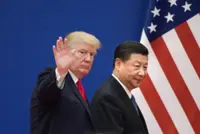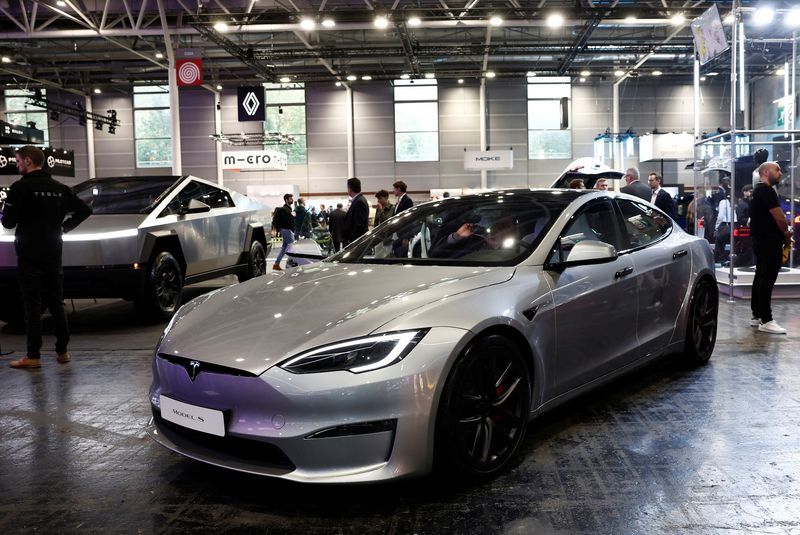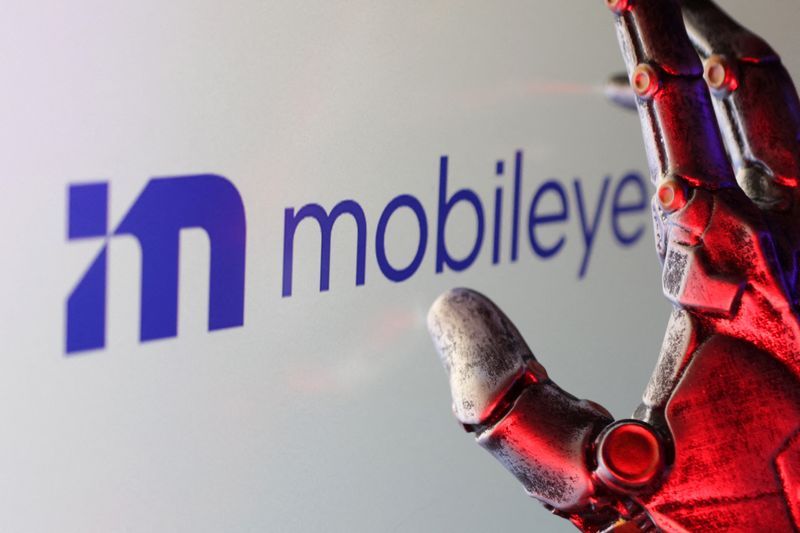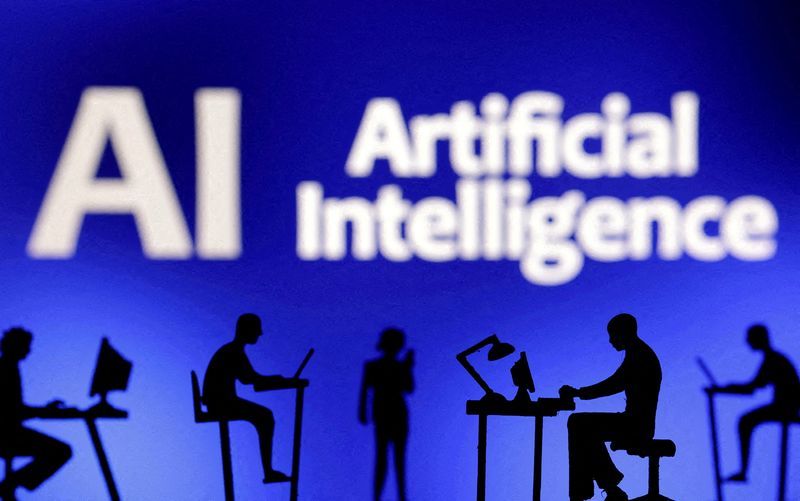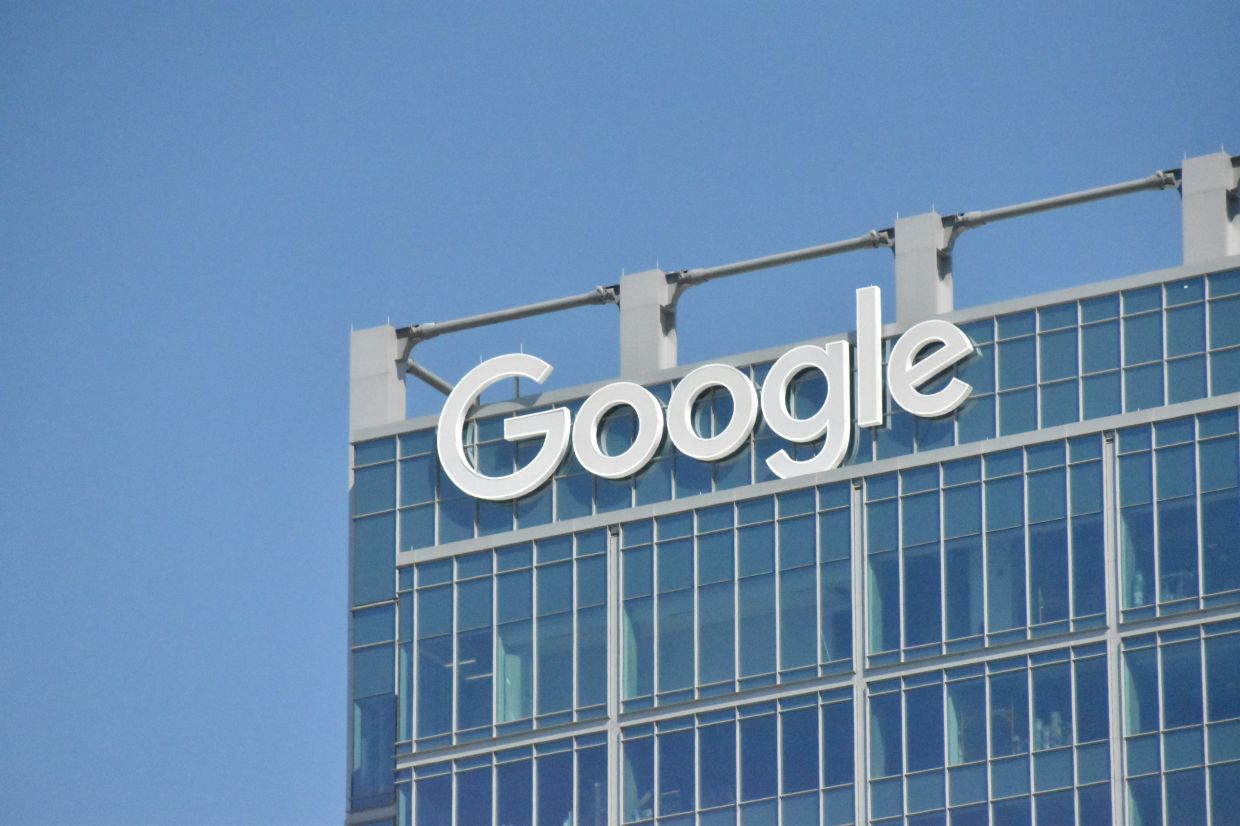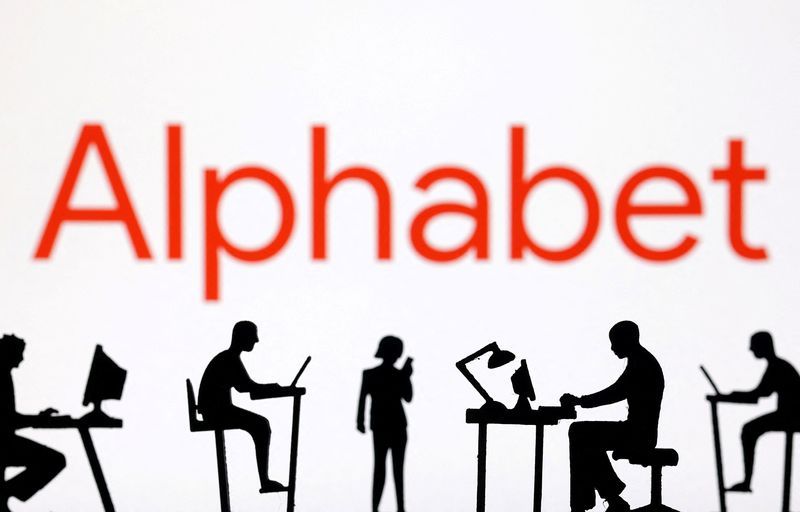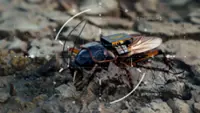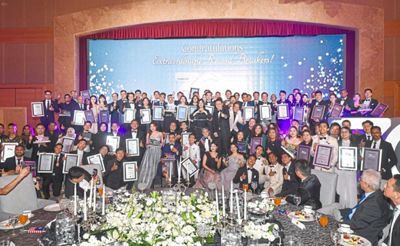
The move underscores the TikTok owner’s ambitions to solidify Doubao’s leading position. — SCMP
TikTok parent ByteDance is adding video-generation ability to its ChatGPT alternative Doubao, as the short-video giant doubles down on a potential blockbuster in China’s fast-growing generative artificial intelligence (AI) market.
The Doubao chatbot – powered by its namesake large language model (LLM), the same underlying technology behind ChatGPT – has started testing a new video function that is able to convert text or images into lifelike video clips, thanks to its “outstanding semantic understanding capability”, according to the app’s introduction.
Currently available to a select group of early adopters, the feature supports advanced camera movements and various artistic styles, the description said.
The move underscores ByteDance’s ambitions to solidify Doubao’s leading market position. The service was ranked the most popular AI app in China last month by Aicpb.com, a website that tracks the popularity of AI products worldwide. It was a win for the firm, which was relatively late in building LLMs despite its early embrace of AI in content recommendation.
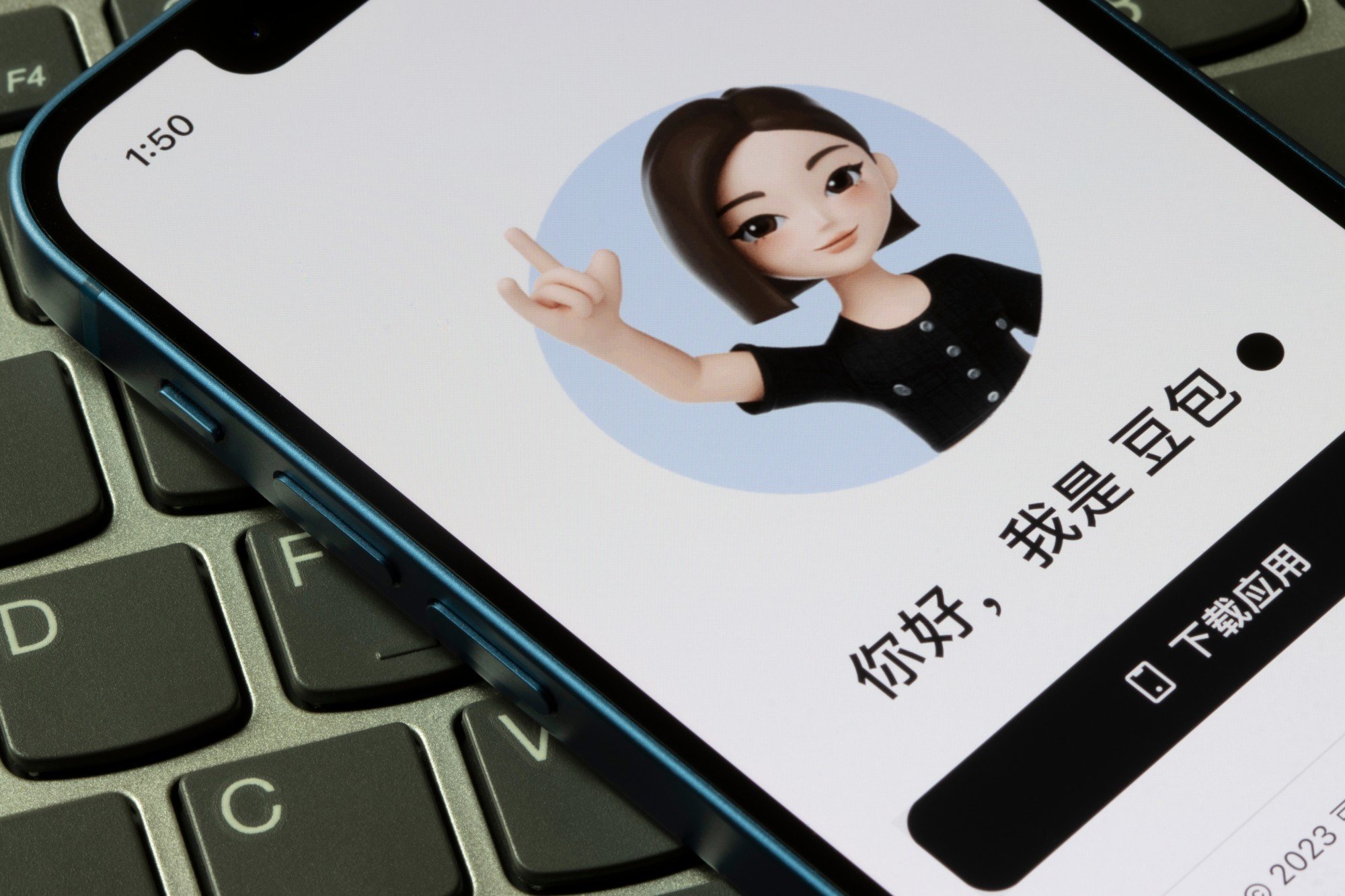
ByteDance scrambled to boost its generative AI earlier this year after CEO Liang Rubo berated employees for being too slow to react to the emergence of new technologies. Company veteran Kelly Zhang Nan in February relinquished her role as the CEO of TikTok’s Chinese sibling Douyin to devote more time to video-editing app CapCut, saying that “AI technology will substantially disrupt content creation”.
CapCut and Doubao both recorded more global downloads than OpenAI’s ChatGPT in July, according to a report by industry research firm Unique Capital.
ByteDance has also unveiled a series of new AI video products.
On Friday, its Jimeng AI, a video app that debuted in mid-2024, released an upgrade that includes the second iteration of the Seaweed video model, enabling faster generation of video clips with richer details.
Seaweed and PixelDance, another video model, were added to the Doubao LLM family in September. At the unveiling event, ByteDance executive Tan Dai said the experience accumulated by Douyin over the years had helped improve these models’ video-generation capabilities.
Still, ByteDance is facing mounting competition in the sector.
Its crosstown rival Kuaishou Technologies became China’s first major tech company to launch an AI video-generation platform with the release of Kling in June. Start-ups Zhipu AI and Shengshu AI followed in July with their respective tools.
China’s AI-assisted video-creation market is expected to reach 9.3bil yuan (US$1.3bil) by 2026, according to research firm LeadLeo. – South China Morning Post



